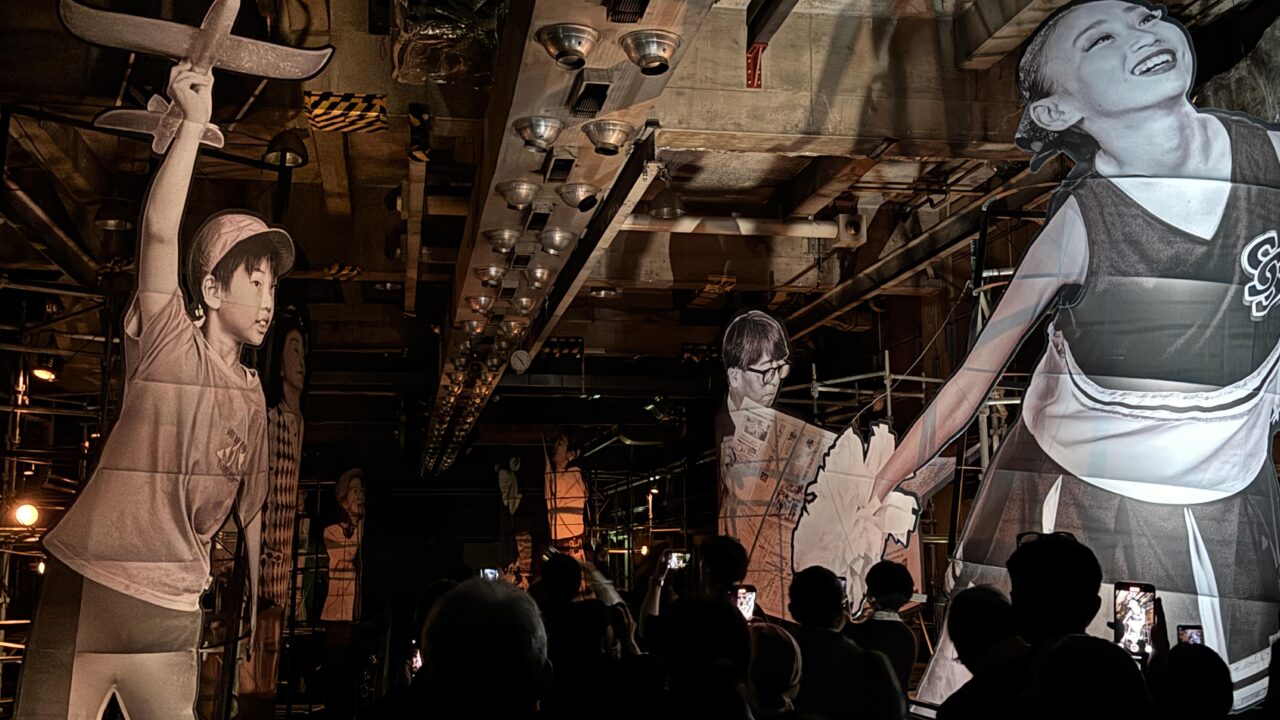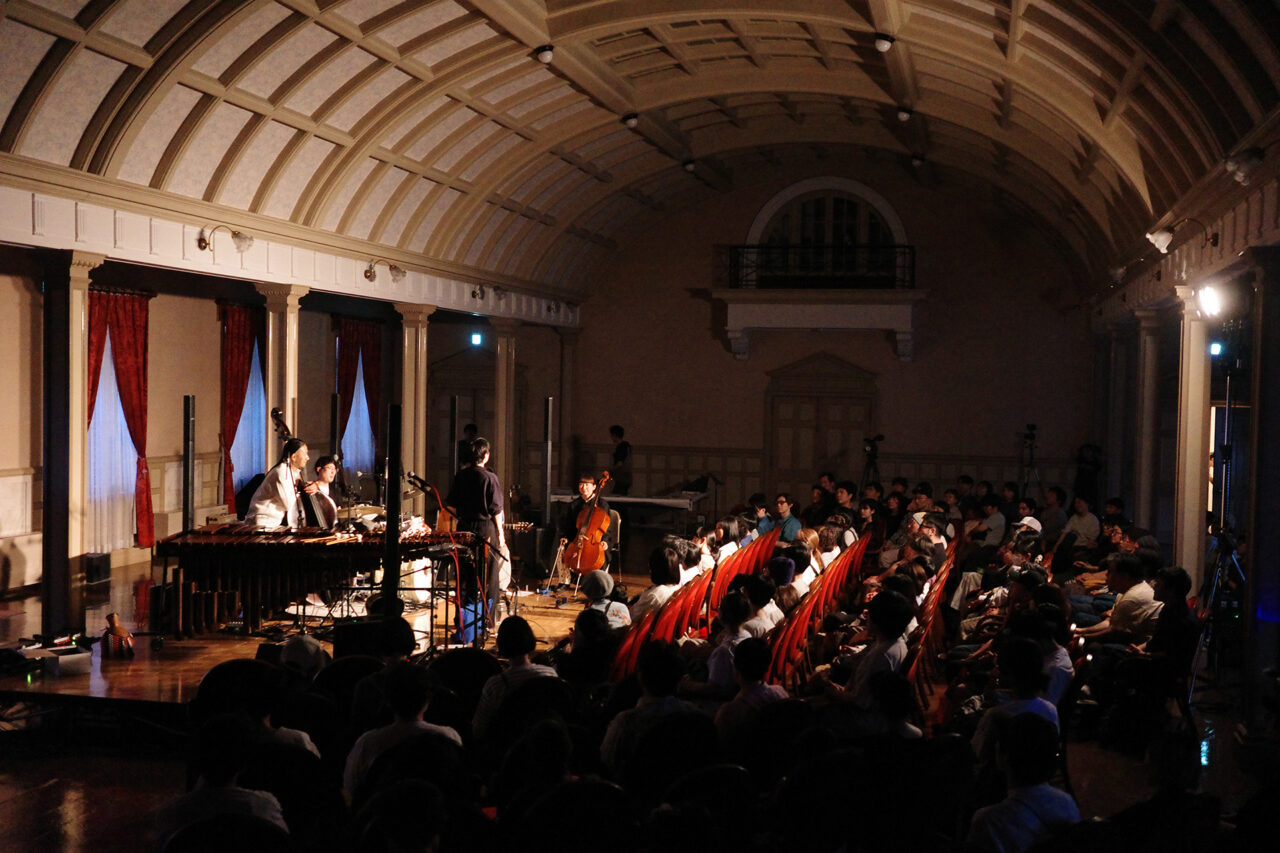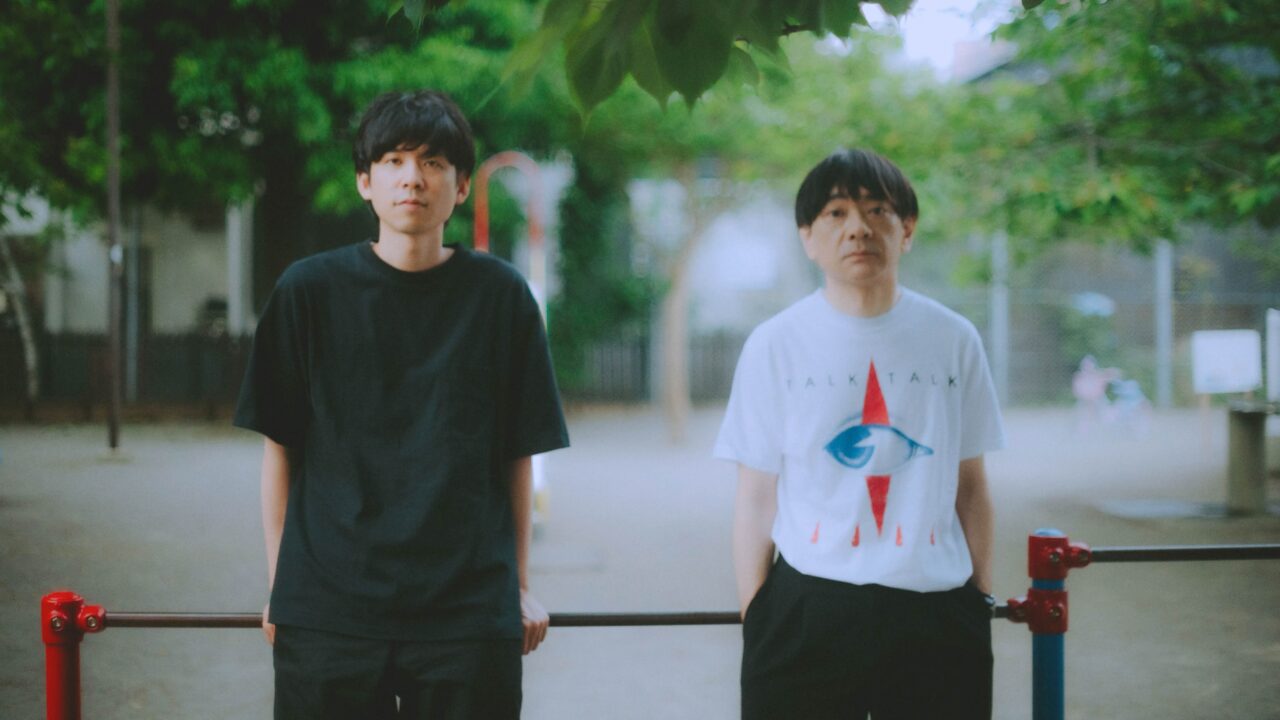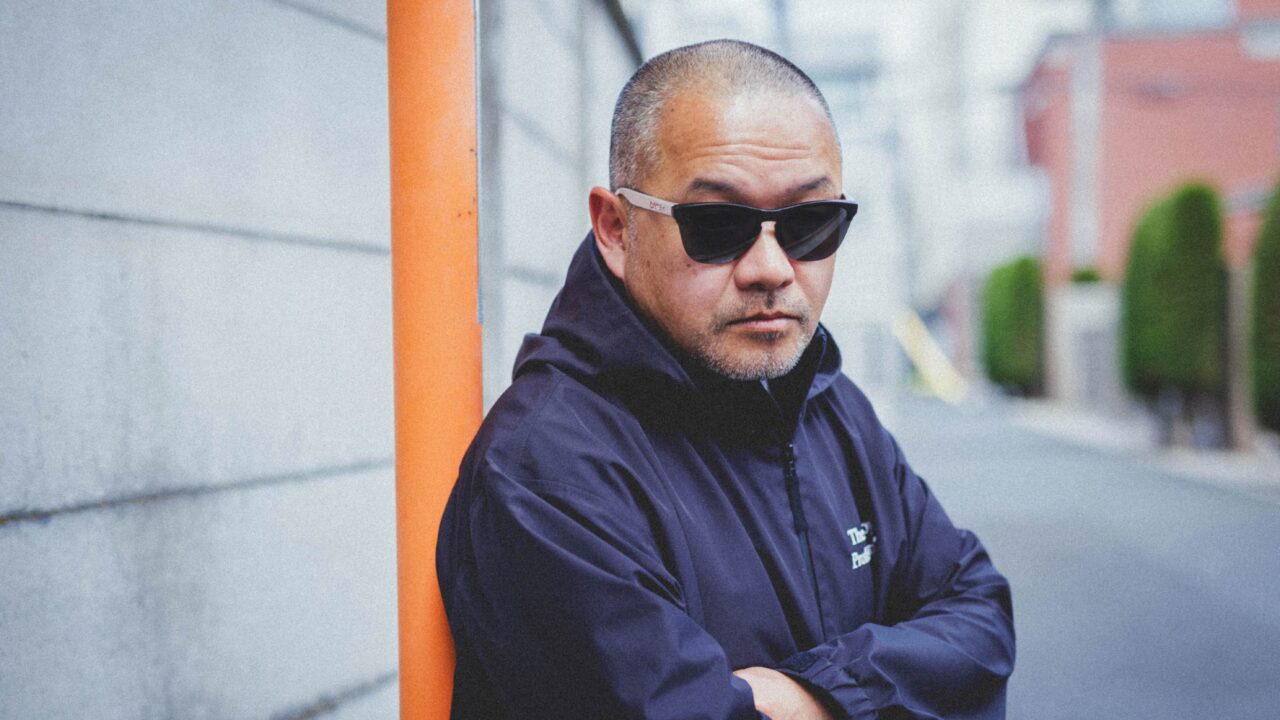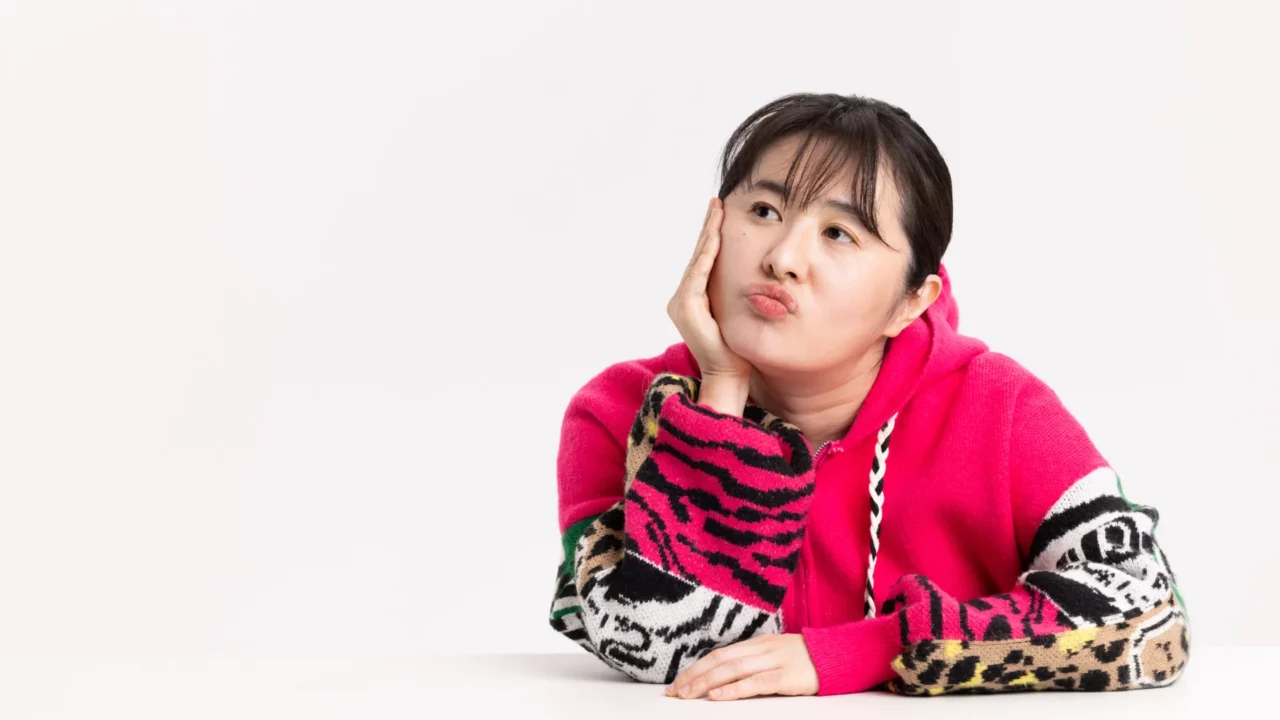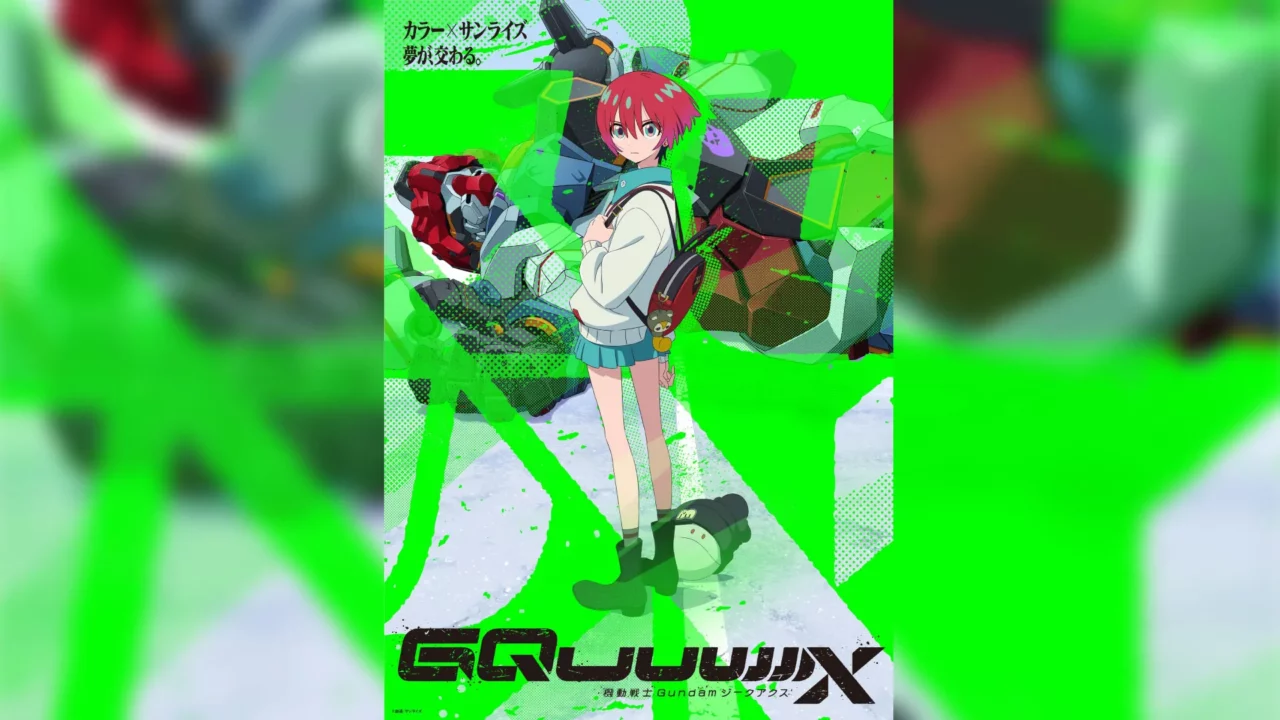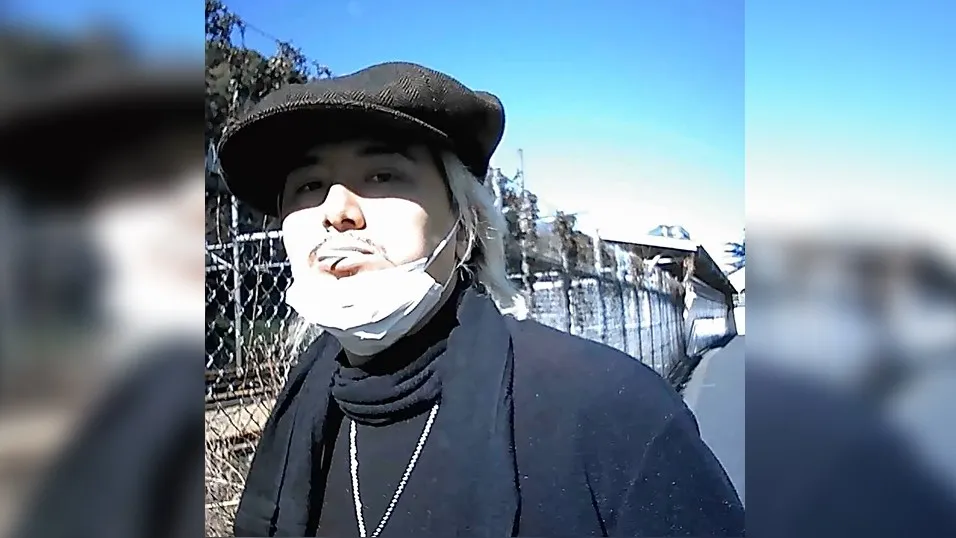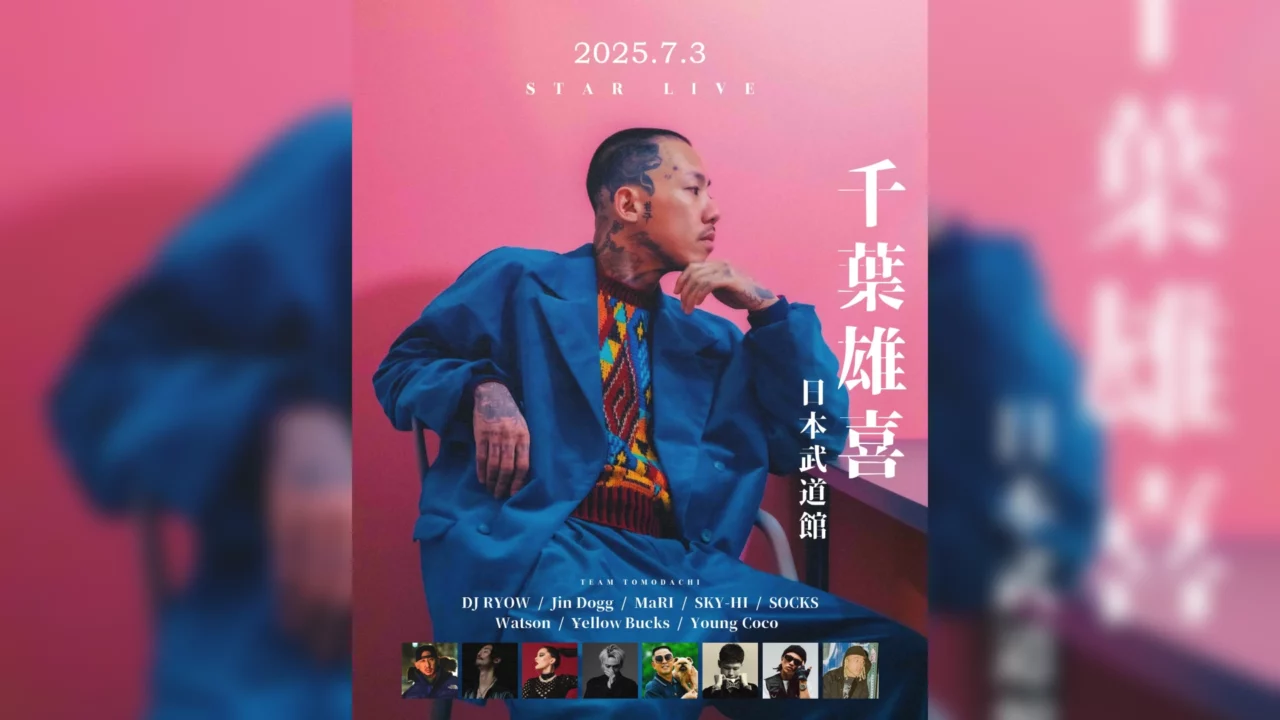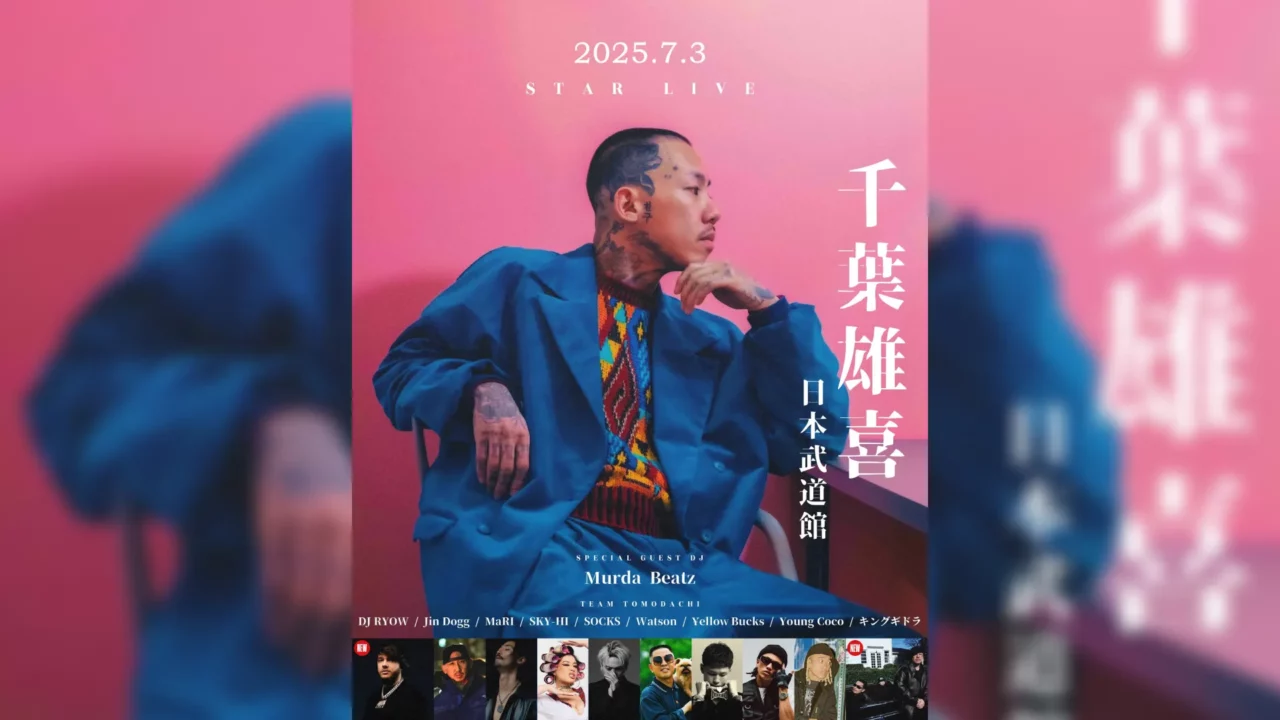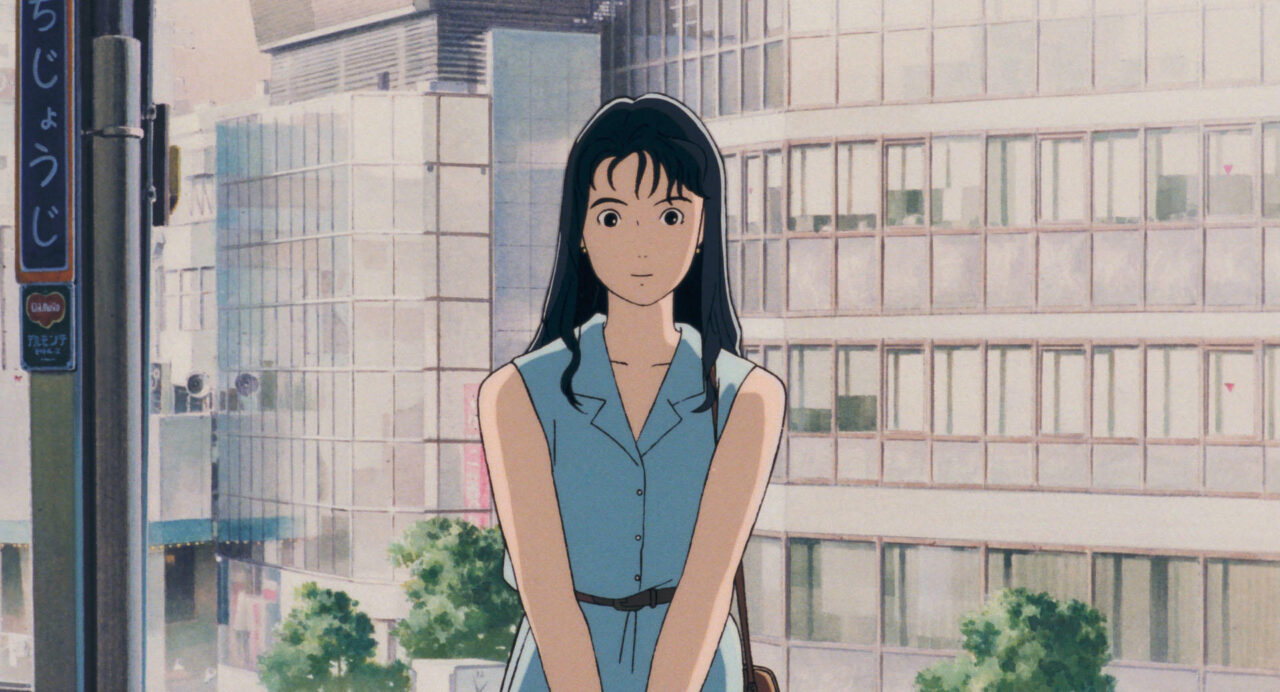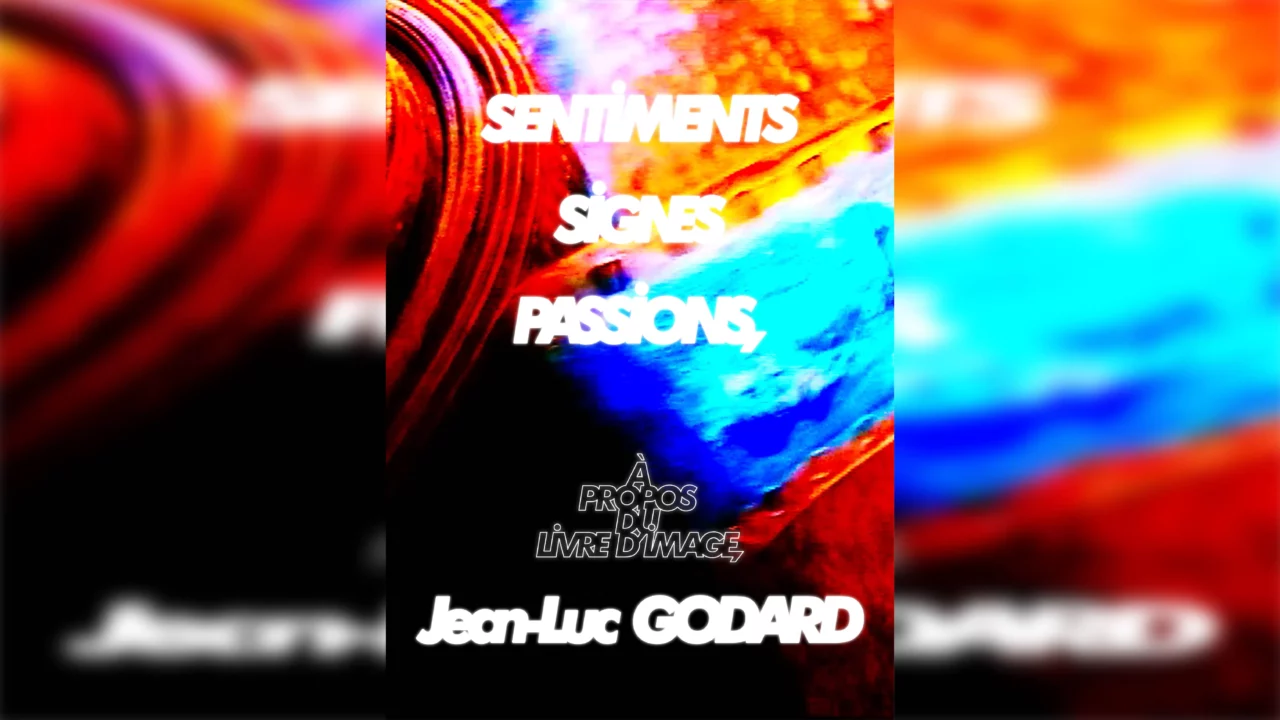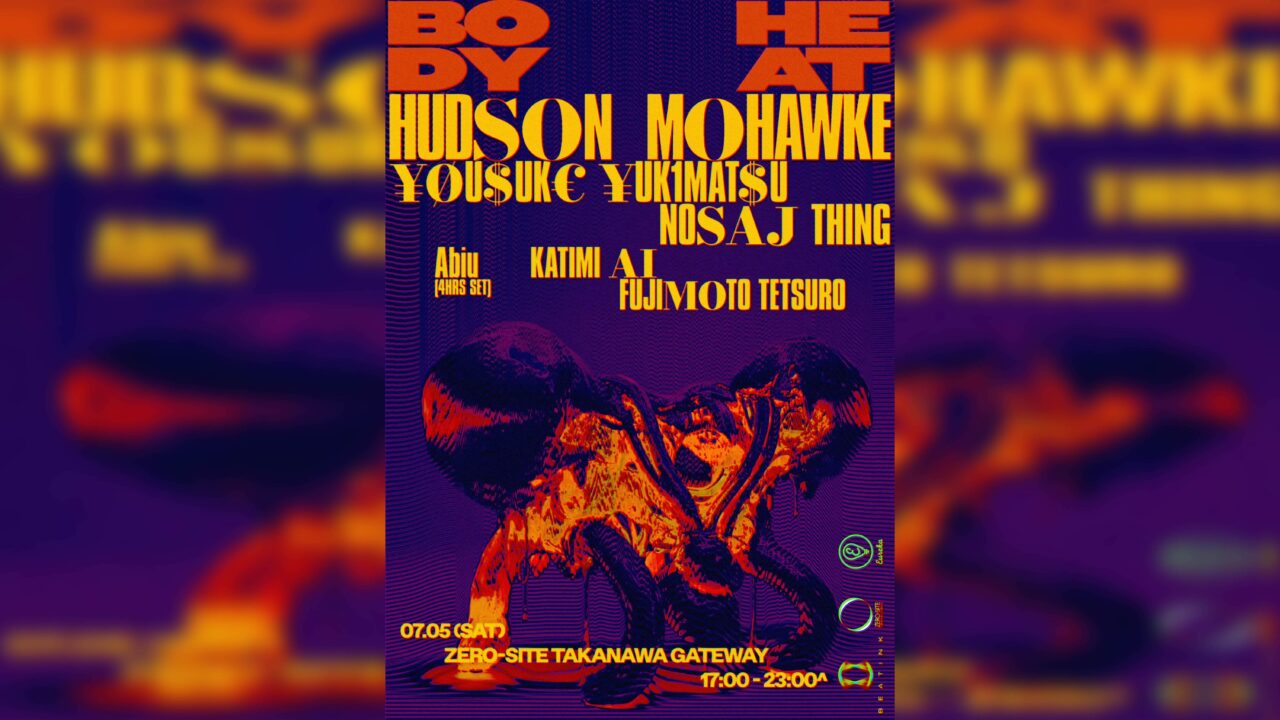It’s only five hours away between Bangkok and Fukuoka. And the two cities are actively engaging. A music event called BEYONDERS took place in Fukuoka to showcase promising artists from both cities. NiEW welcomed Ginn and Shogo Nomura to catch up with the forefront music scene of the two cities.
Ginn moved to Thailand from Japan and is now the drummer of the band Faustus. He also has fostered the relationship of those cities for over 15 years under the name “dessin the world.” Fukuoka collective BOAT’s Shogo Nomura is also the organizer of “BEYONDERS” where he worked with the Fukuoka Music City Council.
Fukuoka is the gateway to other Asian countries and now witnesses an ongoing massive redevelopment while art and music harmonize in Thailand. In the second part of this interview, they discuss the cities as a whole.
INDEX
Political statement is a must in Thailand’s music scene
Nomura: I have the impression that the younger generation is energetically active in Thailand, including artists and events, but how is it actually going on in the country?
Ginn: Although energetic, Thailand is actually a country with a declining birthrate and an aging population. According to one theory, the birthrate is declining and the population is aging faster than in Japan. Originally, the population was 66 million (in 2022, according to the Thai Ministry of Interior), a little more than half that of Japan, but it is said to be rapidly declining after peaking in 2028. The country’s economic development has not exploded, and the birthrate is declining.
Ginn has lived in Bangkok, Thailand for 15 years. He has been active in the Thai indie scene with his post-hardcore band “Faustus,” which he formed with Thai members, and also runs “dessin the world,” a label that aims to promote exchange between the Japanese and Thai indie scenes. He also runs “dessin the world,” a label that aims to promote exchange between the Japanese and Thai independent music scenes. Bringing Thai music to Japan. He has been involved in many exchange projects such as physical releases, tours, and promotions of Thai artists in Japan, booking of Japanese artists for festivals in Thailand, event planning, booking of interviews with local radio stations and media, and support for collaborative song production between Japanese and Thai artists. He is working on a number of projects.
https://dessin-the-world.jimdosite.com/
Ginn: In terms of the economy, tourism is one of the most important industries in Thailand, accounting for about 20% of the GDP. We were hit hard by the Corona disaster, but now tourists are finally coming back, so of course the economy is picking up compared to the Corona period. However, I feel that from here on out, we will come to a standstill unless we strengthen our current major industries or diversify our major industries. I think that will inevitably require political power.
Nomura: I have the impression that politics is very powerful in Thailand.
Ginn: Yes, it is. I have encountered two coups since I have been living in Thailand. When you look at the word “coup”, it sounds dangerous, like there are a lot of guns waving around in the streets. But in reality, it is not like that. The military takes control of the city, so there is not much violence during that period. When a coup d’etat occurs, martial law is imposed, and people are prohibited from going out at night or gathering in groups. Since people are prohibited from gathering together, live events are also canceled or cannot be held.
Nomura: Just from that example alone, you can see that politics is closer to home than in Japan. Doesn’t that kind of relationship with politics have a great impact on your work?
Ginn: Of course it does, and even if they don’t make it into a work of art, artists will make a clear statement. For example, there is a hip-hop crew called RAP AGAINST DICTATORSHIP that has released a song that is a scathing criticism of the government, and their YouTube music video has been viewed over 100 million times. It also has Japanese subtitles.
Ginn: By the way, the government responded to this with an answer song, which seemed to get a lot of bad marks. In Thailand, musicians also make political statements like that, and although there are pros and cons to what they say, I have never seen anything that makes them the target of criticism for speaking out in itself, at least not in my experience. On the other hand, if you don’t assert your will, you may be criticized for not asserting it. I don’t know about that, though.
Nomura: Is this true for pop and R&B artists, for example, not hip-hop?
Ginn: Yes, bands such as Safeplanet and H3F have expressed anti-establishment views, and there is even a festival called “DEMO EXPO” that gathers bands/artists who have expressed anti-establishment positions. There is even a festival called “DEMO EXPO” that gathers bands/artists who have expressed anti-establishment positions.



